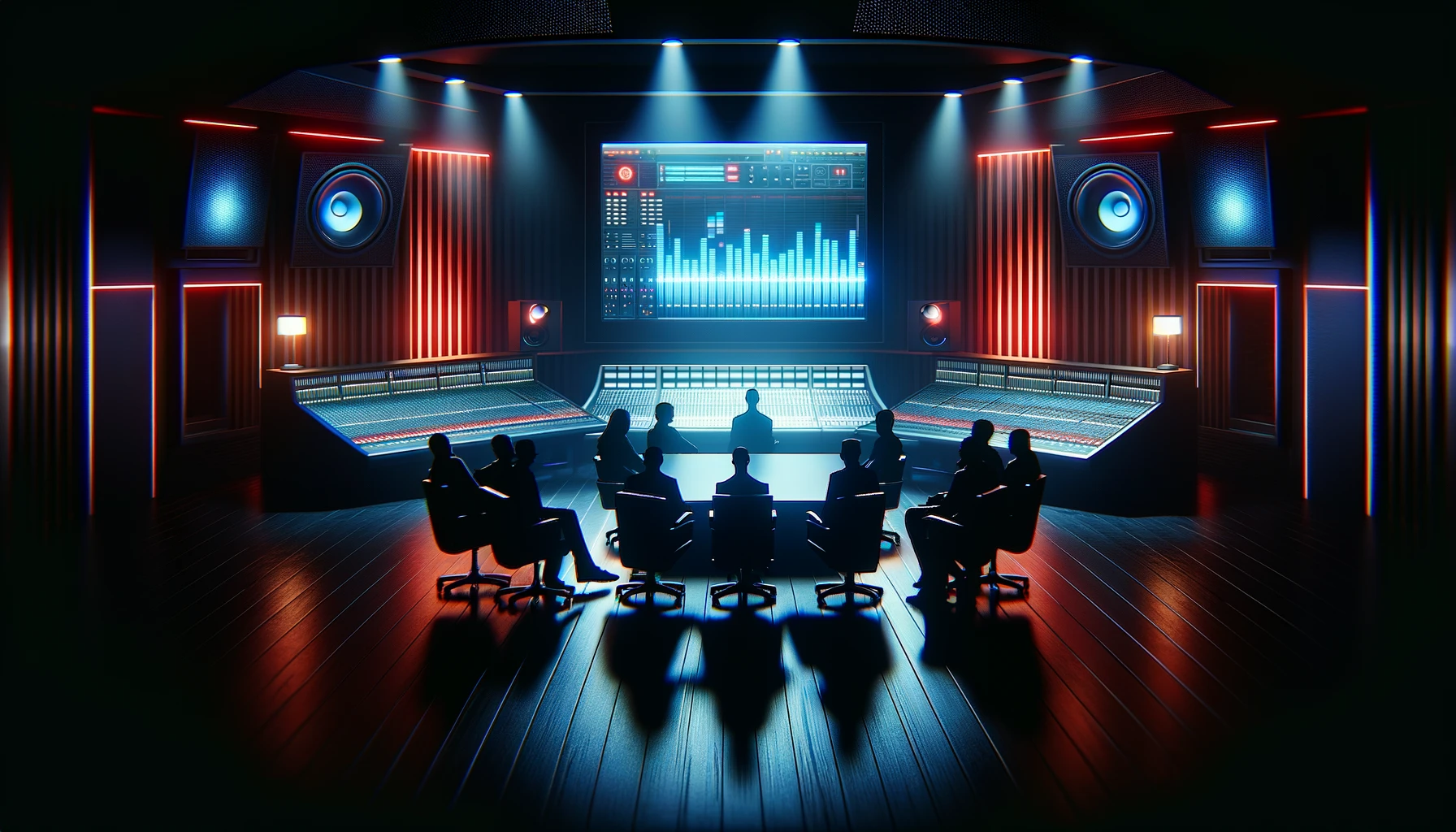If the deal goes through, Hollywood vocalists and performers will be protected from non-consensual AI manipulation until 2026.
The SAG-AFTRA Executive Committee unanimously approved the tentative agreement on Wednesday, April 10, and it will now be sent to members for ratification.
SAG-AFTRA represents a sizable proportion of the US’ creative workforce and was involved in the Hollywood strikes last year.
The tentative deal covers 2021 to 2026 and includes Warner Music Group, Sony Music Entertainment, Universal Music Group, and Disney Music Group. So, some audio recordings made before today extending back to 2021 will be protected.
Under the terms of the agreement, the artist must provide explicit and unambiguous consent before releasing any sound recording featuring a digital reproduction of an artist’s voice.
Additionally, the agreement mandates that the artist receive a minimum level of compensation and is provided a detailed description of how their digitally replicated voice will be used in a recording.
If agreed, it will form part of a new contract for the SAG-AFTRA National Code of Fair Practice for Sound Recordings.
It’s important to note that while SAG-AFTRA covers singers and vocalists, instrumental musicians are covered by the American Federation of Musicians (AFM), so they likely won’t be protected under this deal.
SAG-AFTRA National Executive Director & Chief Negotiator Duncan Crabtree-Ireland said, “SAG-AFTRA and the music industry’s largest record labels have reached a groundbreaking agreement establishing, for the first time, collective bargaining guardrails assuring singers and recording artists ethical and responsible treatment in the use of artificial intelligence in the music industry.”
Crabtree-Ireland added, “This agreement ensures that our members are protected. SAG-AFTRA firmly believes that while technology can enhance the creative process, the essence of music must always be rooted in genuine human expression and experience. We look forward to working alongside our industry partners to foster an environment where innovation serves to elevate, not diminish, the unique value of each artist’s contribution to our rich cultural tapestry.”
The Record Label Negotiating Committee was also positive, “We are pleased to reach this agreement with SAG-AFTRA and continue our strong partnership as we enter this exciting and fast-moving new era for music and artists. Together, we’ll chart a successful course forward, embracing new opportunities and facing our common challenges, strengthened by our shared values and commitment to human artistry.”
Musicians and performers face AI threats
Musicians and performers are wrestling with the rise of AI-generated text-to-music tools like Udio and Suno.
Suno has already been exposed for generating music remarkably similar to international hits like ABBA’s “Dancing Queen” and Queen’s “We Will Rock You.”
Udio builds on Suno’s access, but again, it wasn’t long before songs gave themselves away as derivative from copyrighted works.
The chances are thousands of copyrighted songs were used to train these models. And as we’ve seen in the visual arts, creators aren’t consulted, nor is consent obtained.
We’ve also observed the impacts of unauthorized mash-ups and remixes created with AI-generated copies of authentic melodies and vocals.
One AI mash-up of Drake and The Weeknd produced by “Ghost Producer” racked up billions of views across social media platforms and was banned by the Grammys.
Musicians have been taking affirmative action to protect their rights. 200 artists, including Billie Eilish, Stevie Wonder, and Katy Perry, stated their concerns in an open letter organized by the Artists’ Rights Alliance.
With this new deal from SAG-AFTRA and record labels, we’ve seen the first signs that record labels are willing to protect their artists’ rights.
It’s a tentative step towards protecting artists and timely considering the release of Udio. However, 2026 will come around quickly, and AI tools will have certainly advanced by then.
Like SAG-AFTRA’s deal with film and TV producers, renegotiating favorable terms once this period expires could be much tougher.





